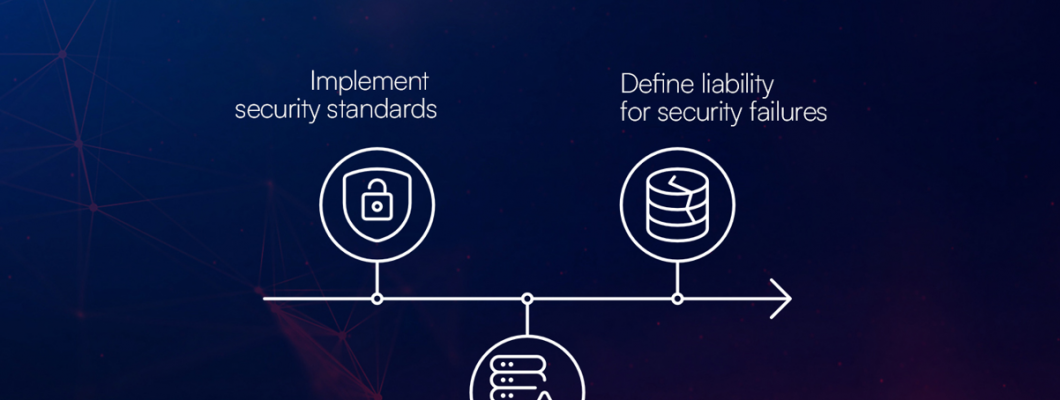
Introduction
As blockchain technology evolves, smart contracts have become central to decentralized applications (dApps), DeFi, NFTs, and Web3 ecosystems. These self-executing contracts promise automation and trustless transactions—but they also bring significant legal and regulatory complexities.
Understanding and addressing these compliance issues is critical for developers, businesses, and investors looking to deploy smart contracts in a lawful and secure manner.
1. What Are Smart Contracts?
Smart contracts are pieces of code stored and executed on a blockchain. They trigger specific actions when predefined conditions are met—such as transferring funds, issuing tokens, or verifying identities. Their immutability and automation reduce human error and eliminate the need for intermediaries.
However, this automation can cause problems if the contract logic conflicts with existing legal systems or regulatory frameworks.
2. Why Legal Compliance Matters in Smart Contracts
Once deployed, a smart contract is immutable and operates independently. If the contract contains a vulnerability or violates legal norms, there’s no central authority to reverse the outcome. This creates a serious risk in areas like:
Consumer protection
Data privacy (e.g., GDPR)
Financial regulations (AML, KYC)
Intellectual property
Tax compliance
Governments and regulatory bodies worldwide are increasingly scrutinizing smart contracts and their use cases to ensure they comply with existing laws.
3. Major Legal Challenges in Smart Contract Deployment
A. Jurisdictional Uncertainty
Smart contracts operate globally, but laws differ across jurisdictions. It’s unclear which nation’s legal framework applies when issues arise—particularly in cross-border transactions.
B. Contract Validity
Many jurisdictions require contracts to meet legal elements: offer, acceptance, mutual intent, and consideration. Can a smart contract fully satisfy these without traditional signatures or documentation?
C. Regulatory Oversight
Financial authorities like the SEC (USA), FCA (UK), and MAS (Singapore) have started regulating tokens and DeFi protocols. Smart contracts used in finance must align with AML/KYC, securities law, and investor protection regulations.
D. Privacy Regulations
If a smart contract processes personal data (especially on public blockchains), it may conflict with privacy laws such as GDPR or CCPA. Data immutability and transparency are at odds with the right to be forgotten.
E. Code as Law vs. Legal Contracts
"Code is law" may work in theory, but legal systems interpret intent and context—something code alone can’t express. Mistakes in logic or exploits can trigger unintended consequences with no legal recourse.
4. Best Practices for Regulatory Compliance
✅ Legal Review of Smart Contract Code
Involve legal counsel in the early stages of development to ensure contract clauses align with local laws and regulatory requirements.
✅ Use Hybrid Contracts
Combine smart contracts with traditional written contracts to cover enforceability, dispute resolution, and applicable law clauses.
✅ Implement Off-Chain Governance
Create mechanisms for dispute handling or contract upgradeability through off-chain governance frameworks or multi-sig permissions.
✅ Build With Compliance Frameworks
Follow established compliance guidelines, like Know Your Customer (KYC), Anti-Money Laundering (AML), and General Data Protection Regulation (GDPR), especially in financial applications.
✅ Audit Smart Contracts
Third-party audits help identify legal vulnerabilities, malicious backdoors, or compliance gaps in your contract code before deployment.
5. Future Trends in Smart Contract Regulation
Proactive Regulation: Countries like the UAE, Singapore, and Switzerland are developing blockchain-friendly frameworks that may soon become global standards.
Legal Tech Integration: Platforms are emerging to bridge the gap between law and code, allowing dynamic enforcement of legal norms through smart contracts.
DAO & Governance Rules: Decentralized Autonomous Organizations (DAOs) are being recognized under corporate law in select jurisdictions, bringing new compliance models.
On-Chain Legal Enforcement: Projects are exploring oracles and smart legal contracts that can validate legal rules on-chain.
Conclusion
The promise of smart contracts is immense—but so are the legal and regulatory responsibilities that come with them. For smart contracts to become mainstream, compliance can’t be an afterthought. Developers, entrepreneurs, and legal professionals must collaborate to create systems that are both technically sound and legally enforceable. By understanding the legal challenges and proactively addressing them, you can safely and confidently deploy smart contracts that comply with global regulations and build trust in the decentralized future.

Leave a Comment